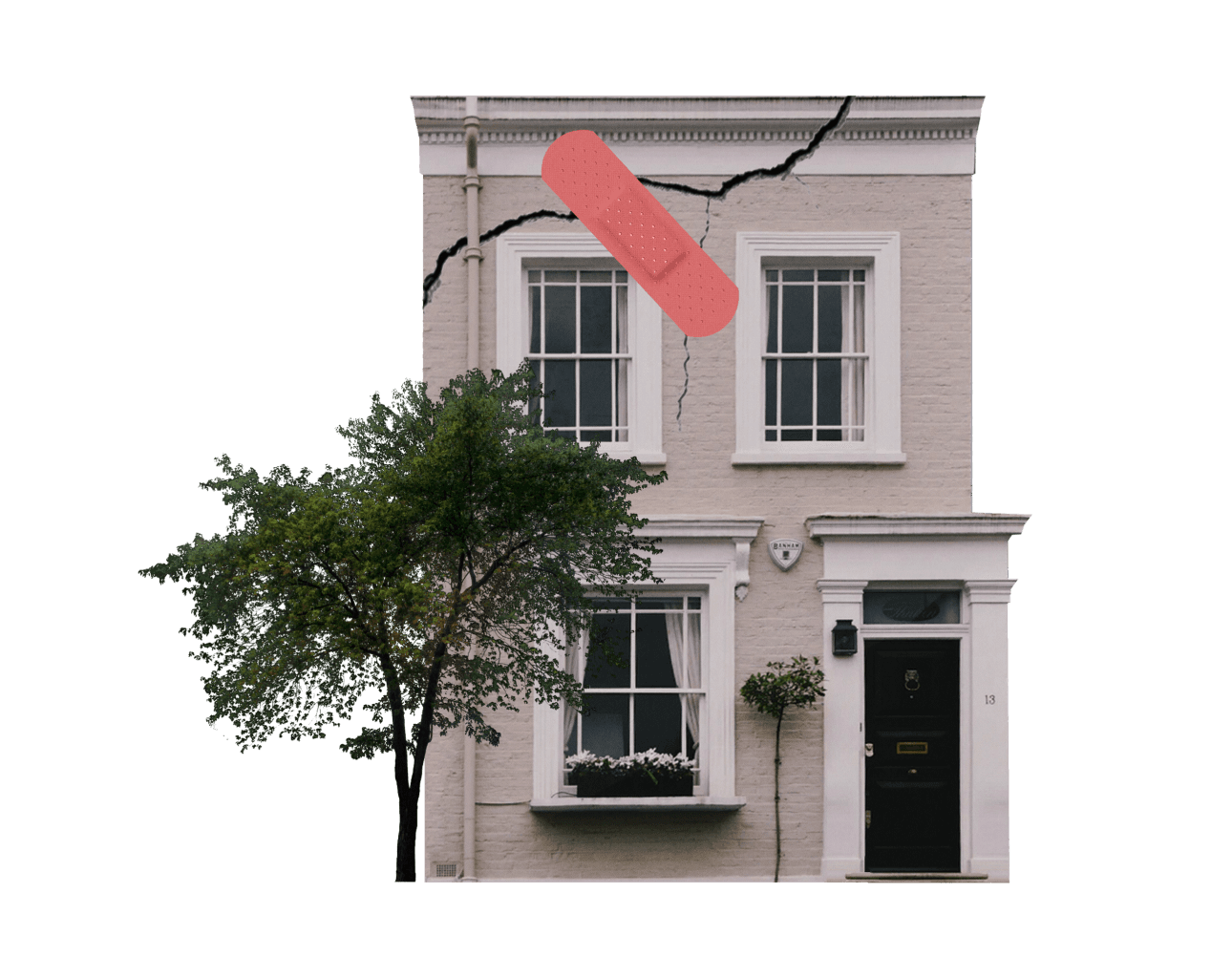How is Landlords Building Insurance different from Home Insurance or Home Emergency Insurance?
Insurance can vary wildly and it’s important to make sure that you are getting not only the best deal for you, but that you are getting a policy that is the right fit for your property portfolio.
When you don’t live in the property, the risks are slightly different. As the residential owner, you know that you are taking care of your property to the best of your ability, but as a landlord, you can never be sure how well your property is being cared for and your access to check is limited. Therefore you should prepare for the worst and hope for the best.
The last thing you want is to invest in insurance that won’t pay when you need it to!

















